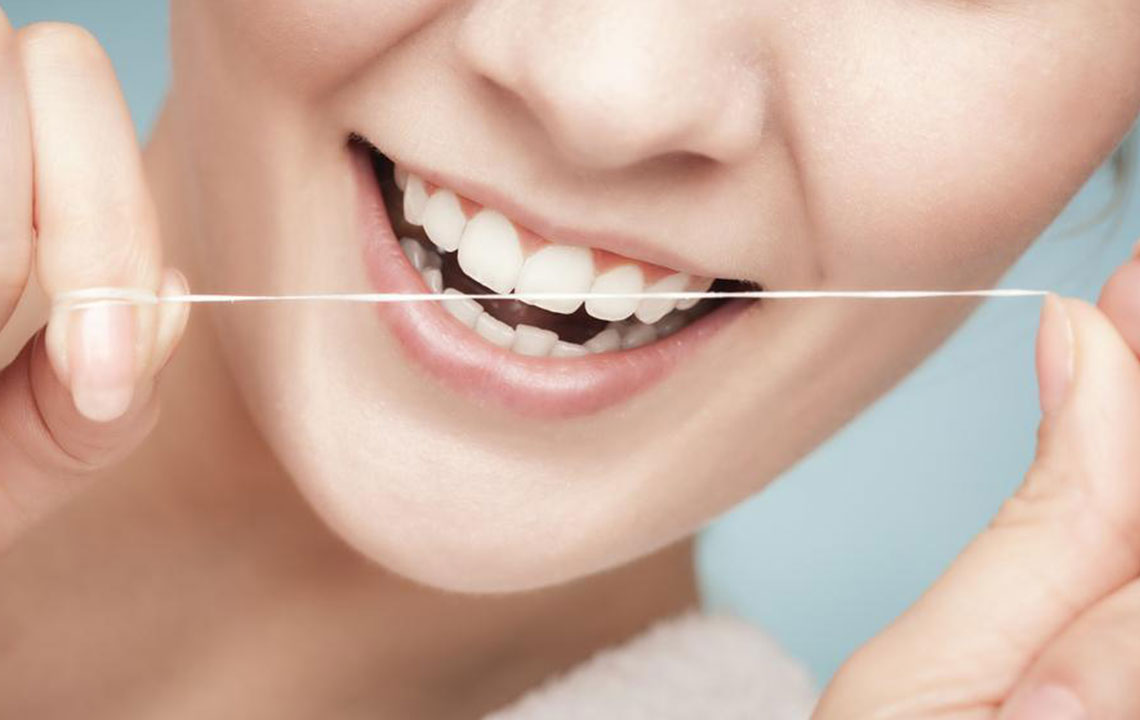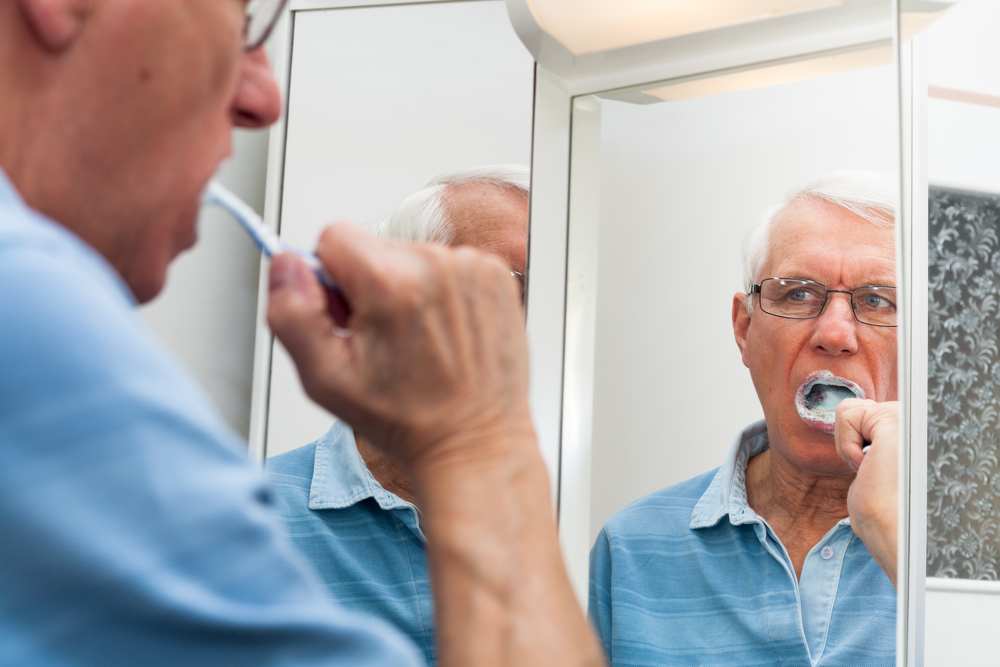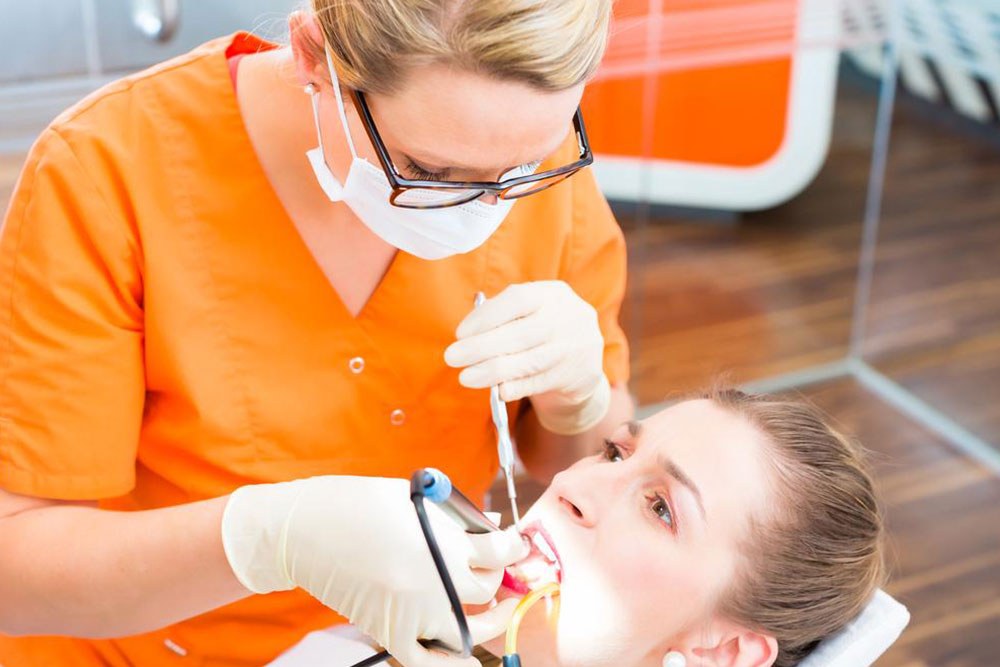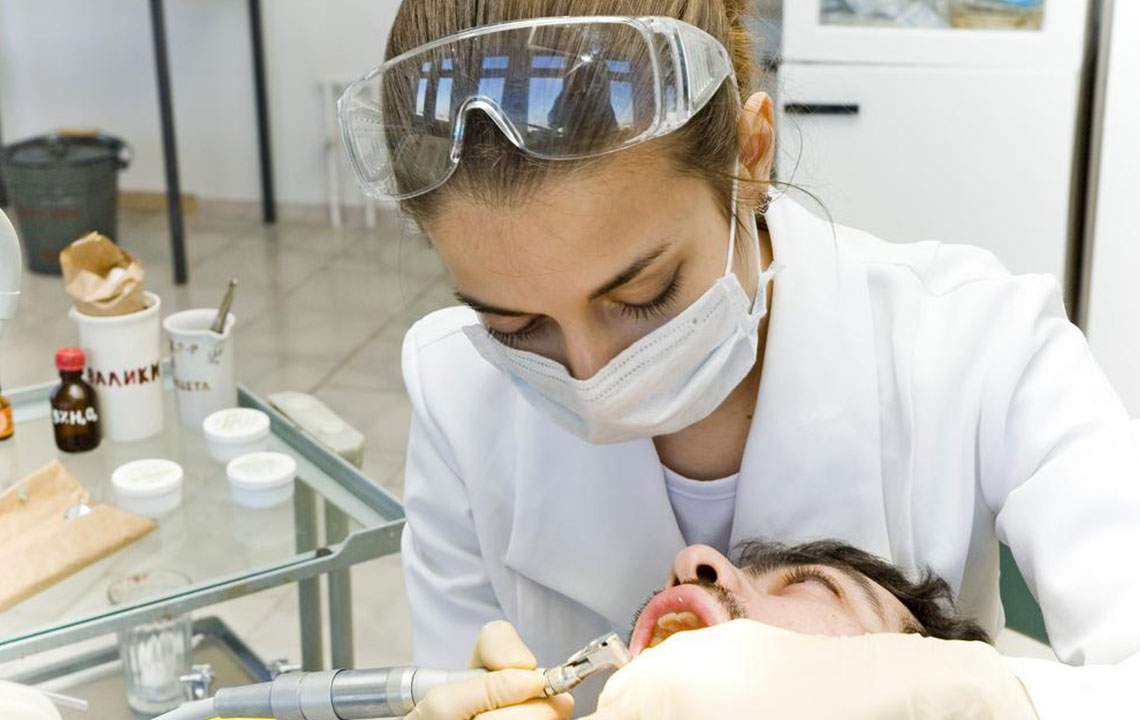Comprehensive Guide to Maintaining Oral Hygiene and Effectively Preventing Plaque B accumulation
This comprehensive guide explores effective strategies for maintaining optimal oral hygiene and preventing plaque buildup. It emphasizes daily habits, diet, natural remedies, and professional dental care to promote healthy teeth and gums, reducing the risk of cavities and gum disease. Adopting these practices ensures a brighter, healthier smile and avoids costly dental treatments in the future.

Comprehensive Guide to Maintaining Oral Hygiene and Effectively Preventing Plaque B accumulation
Good oral health is essential not only for a bright smile but also for overall well-being. A significant contributor to dental problems such as cavities, gum disease, and tooth loss is the buildup of dental plaque—a sticky, colorless film that constantly forms on the surfaces of teeth. If this plaque is not managed properly, it can harden into tartar, leading to more severe issues like gingivitis and periodontitis. Regular and effective oral hygiene practices are crucial to prevent plaque accumulation, thereby maintaining healthy teeth and gums and avoiding costly dental treatments such as root canals, extractions, or dental implants.
Understanding the importance of plaque control is vital. The foods and drinks we consume daily significantly impact plaque formation. When teeth are not cleaned promptly and thoroughly after meals, plaque begins to attack the enamel, leading to cavities, tooth decay, and other dental issues. If neglect persists, plaque hardens into tartar, which is more difficult to remove and is a primary cause of gum inflammation, swelling, bleeding, and gingivitis. Comprehending what causes plaque buildup allows individuals to adopt effective removal and prevention strategies, ensuring long-term oral health and a confident smile.
Factors Contributing to Plaque Buildup
While plaque can form for various reasons, certain habits and lifestyle choices significantly influence its accumulation. Addressing these factors is essential for maintaining a clean and healthy mouth:
Inconsistent Brushing Habits
Brushing your teeth at least twice a day with fluoride toothpaste is fundamental. Skipping brushing sessions or brushing irregularly leaves food particles and bacteria on the teeth that quickly develop into plaque.
Poor Flossing Habits
Flossing is critical because it cleans between teeth and below the gumline, areas that toothbrush bristles can't reach. Regular flossing prevents debris buildup, reduces plaque formation, and maintains gum health.
Lack of Regular Dental Checkups
Skipping routine dental visits can allow minor dental issues to worsen unnoticed, making treatments more invasive and expensive later. Dental professionals can perform professional cleanings, identify early signs of decay, and provide personalized advice for oral care.
Diet and Oral Care Products
Consuming raw fruits and vegetables such as apples, carrots, and cucumbers (with skins) naturally helps clean teeth and stimulates saliva production, which fights bacteria. Conversely, using certain unnatural oral care products or consuming foods high in refined sugars can accelerate plaque formation.
Sugar-Rich Diets
Sugary foods and beverages promote bacterial growth in the mouth. The bacteria metabolize sugar and produce acids that attack the enamel, leading to decay. Limiting sugar intake is essential for healthy teeth.
Effective Strategies to Prevent Plaque and Promote Oral Hygiene
In addition to diet and daily habits, adopting comprehensive oral hygiene routines can significantly reduce plaque buildup. Here are proven methods:
Consistent Brushing
Brush thoroughly twice daily—morning and night—to remove plaque, bacteria, and food debris. Use a soft-bristled brush and replace it every three to four months for optimal cleaning.
Proper Brushing Technique
Use gentle circular motions, covering all surfaces of each tooth, including the front, back, and chewing surfaces. Focus on the gumline where plaque commonly accumulates.
Effective Flossing
Floss at least once daily. Carefully slide the floss between teeth, forming a C-shape around each tooth, and glide it beneath the gumline to remove hidden plaque. Use gentle motions to avoid injuring sensitive gums.
Rinse and Gargle
Use fluoride mouthwash regularly to strengthen enamel and reduce bacteria levels. Gargling with antibacterial rinses can further eliminate bacteria, freshen breath, and supplement brushing and flossing routines.
Diet Control
Opt for natural, low-sugar foods and drinks whenever possible. Incorporate fruits like apples, oranges, and strawberries, which contain natural acids and fibers that help clean teeth. Avoid sticky candies and sugary beverages that cling to teeth and promote bacterial growth.
Regular Dental Visits
Schedule professional checkups and cleanings at least twice a year. Dentists can remove tartar buildup, detect early signs of dental problems, and offer tailored advice for improving your oral hygiene habits.
Lifestyle Changes
Quit smoking and reduce alcohol consumption. Tobacco and excessive alcohol intake negatively impact oral tissues, promote tartar formation, and impair healing processes.
Supplementary Natural Remedies
Natural remedies like using banana and orange peels have been traditional methods to support oral hygiene. Rubbing these peels on teeth can help whiten, freshen breath, and provide natural antimicrobial effects. Always consult your dentist before trying new natural methods.
By combining proper habits, dietary controls, professional care, and natural remedies, individuals can significantly reduce plaque formation, prevent cavities and gum disease, and maintain a healthy, attractive smile. Remember, consistent effort and vigilance are the keys to excellent oral health.





